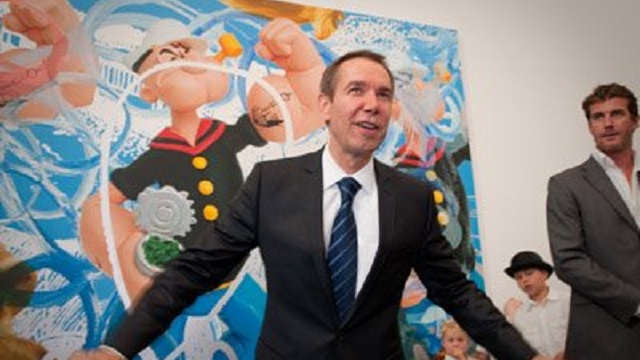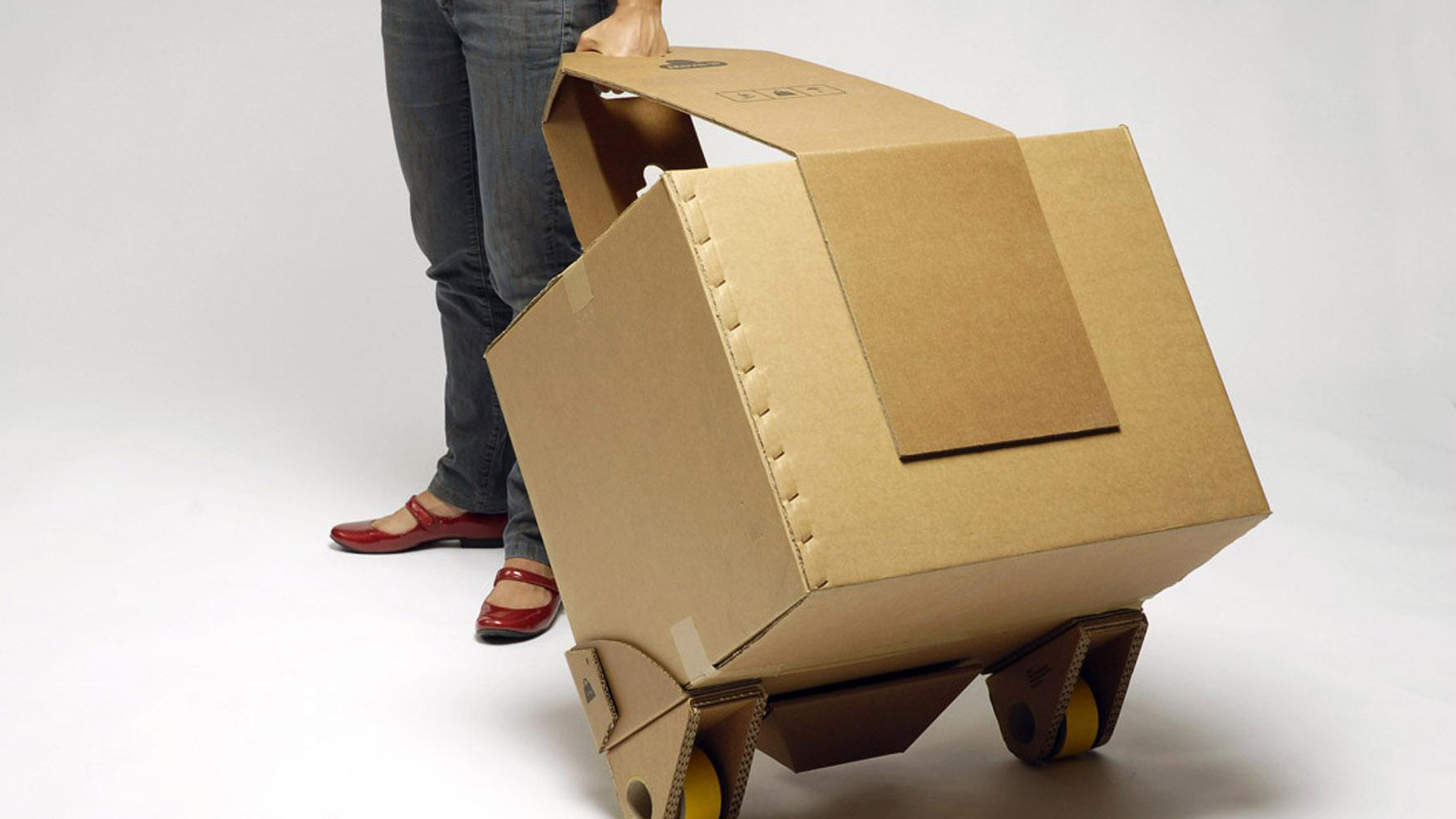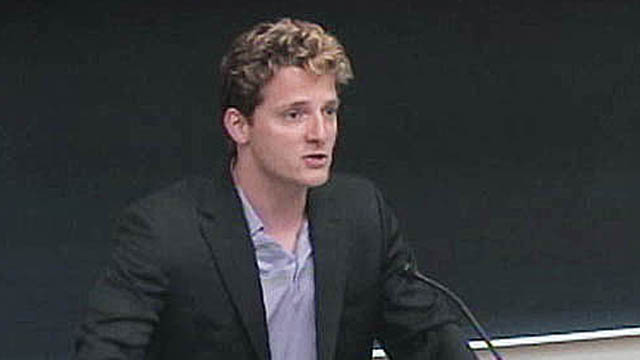“How do you find contentment in an acquisitive society? By changing the things you spend your money on, says a U.S. academic.” The Independent reports on the upside to the recession.
All Articles
If a new suggestion is adopted to the Statistical Manual of Mental Disorder, many people who experience normal bouts of grief could be diagnosed with having a psychiatric problem.
Catherine Rampell, in the New York Times’ Economix blog, noticed something interesting about the Bureau of Labor Statistics’ latest report on consumer prices. Overall, consumer prices grew 0.3% in July […]
It’s been over 20 years since the Berlin Wall fell, yet the North Atlantic Treaty Alliance (NATO), a military group which was originally created to defend Western Europe from Russia, […]
Over the past few weeks, we’ve beenmentioning the James Dyson Award, effectively the world’s most prestigious student-design competition. Yesterday, the winner of the award’s U.S. round was announced: The Copenhagen […]
New York, like London, is peopled by every race and denomination –and indeed by those who have none. Whatever your place of worship, if indeed you do, there are Churches, […]
“On Sept. 11, 2001, thousands of first responders heroically rushed to the scene and saved tens of thousands of lives. More than 400 of those first responders did not make […]
As digital technology increasingly responds to our behavior in realtime, the qwerty keyboard and other hallmarks of our analog experience of life may become relics of the past.
British philosopher Roger Scruton says false hope is the biggest danger to humanity and that doses of pessimism help keep us on track toward gradual positive social change.
French President Nicolas Sarkozy’s call for the exhumation and reburial of the French-Algerian writer Albert Camus in Paris recalls Molière’s burial, which became a divisive political issue.
While no American representatives were reported in attendance, a recent meeting of the world’s far-right political parties in Tokyo demonstrates that fear and violence know no borders.
“Maybe it’s time waterbeds made a comeback.” The Atlantic wonders why the bed that once boasted a better sex life and (eventually) a good night’s sleep became so unpopular so fast.
“An Obama task force says that carbon capture—in which greenhouse gas emissions would be stored underground—is feasible. It’s seen as a promising way to combat global warming.”
Professor of law and philosophy Martha Nussbaum says the U.S. should continue to insist on a humanistic higher education. Korea and India demonstrate economic prosperity needn’t be sacrificed.
What happens when state budget cuts pinch criminal justice resources? The Economist says creative solutions emerge, solutions which are in turn more just than their predecessors.
“Could financial incentives that encourage fat people to lose weight solve the obesity crisis?” Experiments in paying people to lose weight have met with success in the U.S. and U.K.
“Americans, plugged in and on the move, are confiding in their pets, their computers, and their spouses. What they need is to rediscover the value of friendship.”
There’s a telling moment early on in Alison Chernick’s 2004 film The Jeff Koons Show, now available on DVD from Microcinema. Jeff Koons muses on his idyllic childhood and how […]
The Fourteenth Amendment has come under concerted attack in recent days. Some conservatives have talked about repealing the Citizenship Clause, which says that “All persons born or naturalized in the […]
Who hasn’t suffered the frustrations of moving large boxes, ungrippable, awkward and back-bending? Move-It, a simple kit of self-adhesive cardboard parts by designer David Graham, offers a potent antidote by […]
These are things now that are in the realm of science fiction but I think that people in the coming years will start hearing more and more explosive results as […]
That’s right. It’s happening. Print is being phased out and new digital platforms, which will require subscriptions to read, are being phased in. Today, a news corporation, a journalist and […]
“Over the last decade there has been a fundamental revolution in how we communicate,” says Matthew Nisbet, professor of communications at American University and Big Think’s newest blogger. The rigid […]
Revolutions in communication technology and digital media have transformed almost every sector of society, altering the way we express ideas, participate in public debates, connect with others, entertain ourselves, and […]
Birds do it. Bees do it. But primate species don’t sing and dance, except for Homo sapiens. Why is music-making part of human nature, then? Why do we enjoy singing […]
American support of President Hamid Karzai in Afghanistan mirrors its ill-advised support of Ngo Dinh Diem in Vietnam. A shortsighted and simplistic foreign policy is to blame.
Mexico’s President Felipe Calderón has militarized his country’s war on drugs, a task once reserved for the police. The consequences have been dire, says the editor of Mexico’s La Jornada.
“China’s growing thirst for water is driving one of the world’s biggest mass relocations, with 440,000 people leaving their homes to make way for a huge man-made canal project.”
“Dawkins ignores the possibility that God is a very different sort of being than brains and computers.” A philosopher explains his claim that Dawkin’s arguments are ‘demonstrably faulty.’
“Needless to say, it is not just the financial crisis that gets reduced to rash hyperbole.” A sociologist asks why our political discourse is often reduced to platitudes (it’s not because we’re dumb).












